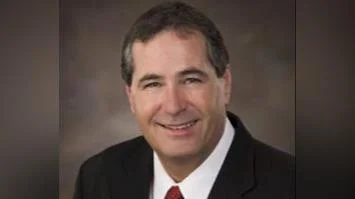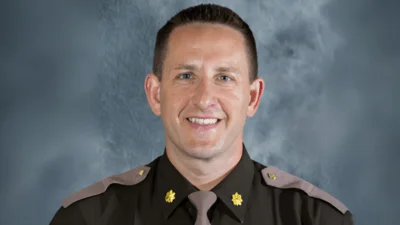Governor Kelly Armstrong | Official Website
Governor Kelly Armstrong | Official Website
Gov. Kelly Armstrong signed a historic property tax relief and reform package aimed at easing the burden on North Dakota homeowners and curbing local spending growth. During the signing ceremony at the Capitol, Armstrong remarked, "It ended up being an unbelievably great and historic package that is going to have real, meaningful results for the citizens of North Dakota, particularly primary residential homeowners."
House Bill 1176, which passed overwhelmingly in both legislative chambers, more than triples the current primary residence property tax credit from $500 to $1,600 per year. This relief, estimated at $409 million for the 2025-2027 biennium, is funded by the state’s $12 billion Legacy Fund. Armstrong expressed gratitude to lawmakers for exceeding the $1,550 credit he initially proposed.
The bill includes a 3% cap on future local property tax budget increases, encouraging prudent budgeting from cities, counties, and other agencies. Additional provisions in the legislative package bolster the renter’s refund program and increase funds for disabled veterans tax credits.
The bill was introduced by Rep. Mike Nathe and co-sponsored by various legislative leaders. Nathe highlighted, “We’ve listened to the people of North Dakota. They wanted property tax relief. We’ve done that with the $1,600 credit."
The Legislature also approved a preliminary two-year general fund budget of $6.25 billion for 2025-27, marking a 2.6% increase from the current biennium, with a total state budget set at $20.3 billion.
Governor Armstrong addressed other legislative priorities, including HB 1160, which mandates phone-free policies in K-12 public schools, signed along with its companion bill SB 2354. He also enacted bills aimed at improving recovery and reentry practices, addressing jail overcrowding and enhancing correctional facilities.
State hospital and behavioral health services saw legislative approval for a new facility in Jamestown with 140 treatment beds and nearly $13 million allocated for new psychiatric beds in regional centers. The establishment of public charter schools was facilitated through the signing of SB 2241.
In higher education, nearly $25 million was appropriated for Challenge Grants. SB 2308 established a task force to review state boards and commissions.
Amid these measures, lawmakers approved a $100 million line of credit for a west-to-east natural gas pipeline and a $30 million incentive for value-added agriculture projects. Military support included several bills benefiting National Guard members, infrastructure investments, and first responders' mental health and retirement benefits.






 Alerts Sign-up
Alerts Sign-up